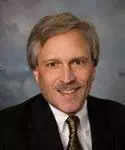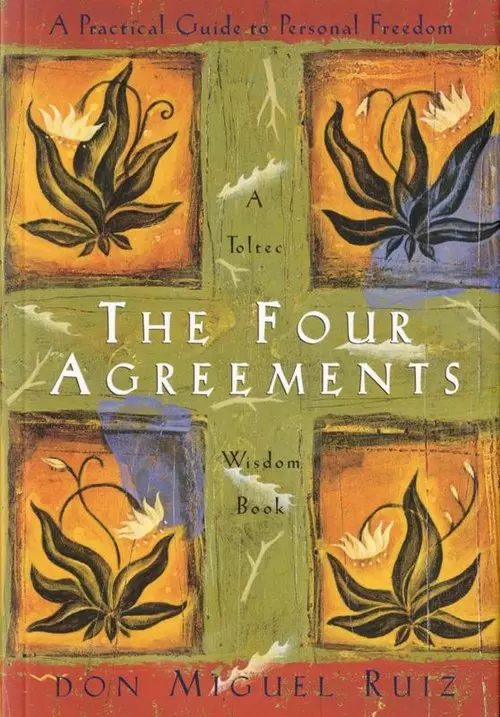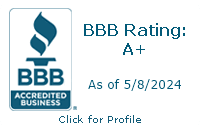What stories do you tell yourself? How are they helping – or hurting – your responses to these unprecedented times?

 Throughout the last six topsy-turvy weeks, I've come back several times to concepts shared with me by a friend more than a decade ago, when she gave me a copy of the wonderful little book, The Four Agreements: A Practical Guide to Personal Freedom, by don Miguel Ruiz. While this is a short (140 pages) and small (7.25" x 5") book, it contains many powerful concepts – and, the most powerful of all are the explanations of The Four Agreements themselves.
Throughout the last six topsy-turvy weeks, I've come back several times to concepts shared with me by a friend more than a decade ago, when she gave me a copy of the wonderful little book, The Four Agreements: A Practical Guide to Personal Freedom, by don Miguel Ruiz. While this is a short (140 pages) and small (7.25" x 5") book, it contains many powerful concepts – and, the most powerful of all are the explanations of The Four Agreements themselves.
What Are "The Four Agreements"?
Here is a explanation of the book's overall premise, which I copied and stored from the author's web site in 2006:
Everything we do is based on agreements we have made – agreements with ourselves, with other people, with God, with life. But the most important agreements are the ones we make with ourselves. In these agreements we tell ourselves who we are, how to behave, what is possible, what is impossible. One single agreement is not such a problem, but we have many agreements that come from fear, deplete our energy, and diminish our self-worth.
The last sentence is especially relevant at this time. Fear and energy depletion are hallmarks of COVID-19's impact on humanity. Diminished self-worth can come from feeling like a smaller version of yourself when daily routines, personal interactions, and financial assumptions are upended.
The Four Agreements
I also copied and stored, from the author's web site, The Four Agreements and accompanying summaries:
- Be Impeccable With Your Word – Speak with integrity. Say only what you mean. Avoid using the word to speak against yourself or to gossip about others. Use the power of your word in the direction of truth and love.
- Don't Take Anything Personally – Nothing others do is because of you. What others say and do is a projection of their own reality, their own dream. When you are immune to the opinions and actions of others, you won't be the victim of needless suffering.
- Don't Make Assumptions – Find the courage to ask questions and to express what you really want. Communicate with others as clearly as you can to avoid misunderstandings, sadness and drama. With just this one agreement, you can completely transform your life.
- Always Do Your Best – Your best is going to change from moment to moment; it will be different when you are healthy as opposed to sick. Under any circumstance, simply do your best, and you will avoid self-judgment, self-abuse and regret.
These short summaries provide an excellent distillation of the book's key points.
Applying These to COVID-19
Reflecting on my experiences the past six weeks, here's how I see The Four Agreements relating to the unprecedented and unanticipated events surrounding COVID-19.
- Be Impeccable With Your Word
- The phrase "should have" is one I frequently use against myself. "I should have contributed less to my company's profit sharing plan." "I should have had done more business development in the first quarter."
- The first "should" reflects a sunk cost, money that cannot be taken back – the money was deposited and allocated to employees.
- The second "should" reflects second-guessing – of course, with the benefit of hindsight, we all could have done things better or differently.
- Application Tip – Follow the advice given to me by a friend – Don't "should" all over yourself.
- Don't Take Anything Personally
- COVID-19 is not a person. Yet, because it is affecting so many people and changing how we interact with others, it feels very personal. It's not – it's a virus that has no idea of the social and economic havoc it is wreaking.
- The result? We are all trying our best to adapt to changed circumstances.
- Clients wanting to put some work on hold? Opportunities for networking dried up? Everyone (myself included) is doing what is needed for themselves, their families, and their businesses.
- Application Tip – Actions such as these are not targeting anyone in particular, so they cannot be personal.
- Don't Make Assumptions
- It's easy to make assumptions, particularly when you strive to be optimistic, and want to believe the best about persons and companies you work with.
- It's also reasonable to make assumptions, as long as underlying conditions are stable.
- These days, assumptions don't cut it – facts are needed to make good decisions.
- Ask the tough questions to get facts. "Lisa, where does my loan stand in the bank's review process?" "Jay, can you help me out?"
- Application Tip – Only by asking questions and getting facts can you do the best for yourself and others.
- Always Do Your Best
- This last one is especially hard for someone like me, who is hard-wired to always be hard-driving.
- There are limits to my effectiveness when I'm worn down by working much more than usual to deal with COVID-19's impacts, as much as I wish this were not so.
- My best six weeks ago is different from my best last week. This doesn't mean I didn't try any more or less. It just means my mind and body are subject to another concept shared with me by the same friend who gave me the book, the HALT Principle – when I'm Hungry, Angry, Lonely, or Tired, my best is naturally diminished.
- Application Tip – Accept your best, whatever that may be at a particular time.
While my comments come from my own experiences, I imagine everyone can find part of themselves in what I've shared.
Reviewing Your Agreements With Yourself
Perhaps you're one of the lucky few who never uses the power of your word against yourself, who never takes anything personally, who never makes assumptions, and who always does your best. If you are such a person, congratulations – you are telling yourself helpful stories during these turbulent times, and thus you must be experiencing an incredible degree of equanimity.
For the rest of us, now might be a good time to print the author's summaries presented earlier – or, better yet, read The Four Agreements book itself – and reflect on how you can use The Four Agreements to change what we view as possible, and to practice ways to better overcome fear, use our energy wisely, and honor our self-worth.
Take care, and stay safe!
Best,

Todd L. Herman





